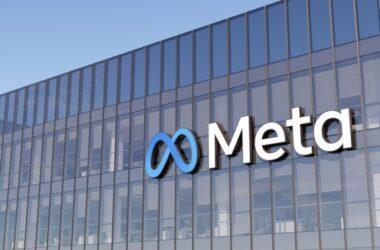In an effort to consolidate and streamline its artificial intelligence (AI) operations, Google has recently merged its AI teams under the banner of DeepMind, a subsidiary of Alphabet Inc., Google’s parent company. The move is aimed at enhancing the coordination and integration of AI research and development efforts across various Google units.
The merger was announced in a blog post by Demis Hassabis, the co-founder and CEO of DeepMind. Hassabis stated that the consolidation of Google’s AI teams would enable them to work together more effectively and efficiently, sharing resources and expertise to advance the state of the art in AI.
Prior to the merger, Google’s AI teams were spread across various business units, including Google Brain, Google AI, and DeepMind. While these teams collaborated on some projects, they also worked independently on others, leading to duplication of effort and a lack of coherence in Google’s overall AI strategy.
Under the new structure, all of Google’s AI teams will be part of a single organization under the DeepMind banner. This will allow for better alignment and coordination of research efforts, as well as easier sharing of data, tools, and resources across teams.
The merger is expected to have several benefits for Google’s AI efforts. First and foremost, it will enable the company to leverage the strengths of each team more effectively. For example, Google Brain is known for its work in deep learning and neural networks, while DeepMind has made significant contributions to the field of reinforcement learning.
Here are some of the benefits of Google merging its AI teams under the DeepMind banner:
- It will allow Google to combine its resources and expertise in order to accelerate its progress in AI research and development.
- It will create a more unified and focused AI team that can better coordinate its efforts.
- It will allow Google to more effectively attract and retain top AI talent.
- It will help Google to better position itself as a leader in the field of AI.
The merger is also expected to lead to faster progress in the field of AI, as teams will be able to work together more closely and share ideas and resources more easily. This could lead to breakthroughs in areas such as natural language processing, computer vision, and robotics, which are all areas where Google has already made significant strides.
Additionally, the merger could help Google better compete with other tech giants such as Amazon and Microsoft, which have also made significant investments in AI research and development. By consolidating its AI teams and enhancing its overall AI capabilities, Google can position itself as a leader in the field and continue to push the boundaries of what’s possible with AI.
However, there are also potential challenges associated with the merger. For example, some worry that the consolidation of AI teams under a single banner could lead to a loss of diversity and innovation within the teams themselves. Additionally, there may be concerns around the use of AI in areas such as surveillance and data privacy, which will need to be addressed as AI continues to advance.
Despite these challenges, however, the consolidation of Google’s AI teams under the DeepMind banner represents a significant step forward for the company and the field of AI as a whole. By leveraging the strengths of each team, sharing resources and expertise, and working together more closely, Google can continue to drive progress in AI and cement its position as a leader in the field.






